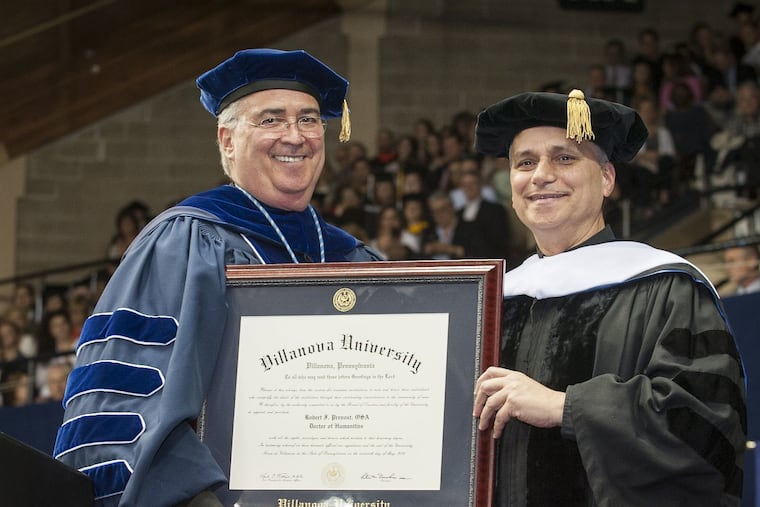Karoline Leavitt of the White House mocks reporter with “your mom” text message.
In a recent exchange highlighted on social media, White House Press Secretary Karoline Leavitt found herself at the center of controversy after a dismissive response to a question posed by journalist S.V. Dáte from HuffPost. The interaction, which took place via text message, began when Dáte inquired whether former President Donald Trump was aware that Budapest was the location where Russia once sought peace with Ukraine in exchange for the country dismantling its nuclear arsenal.
Dáte’s question specifically referenced ongoing diplomatic considerations about a potential meeting location between Trump and Russian President Vladimir Putin. Leavitt’s response was notably unprofessional, as she replied with a crude insult that has since drawn criticism from various quarters. When pressed further by Dáte on whether she found the situation amusing, Leavitt escalated her attack, questioning Dáte’s qualifications as a journalist and suggesting that his colleagues held similar doubts about his credibility.
In her subsequent social media post, Leavitt referred to Dáte as an “activist” more interested in what she characterized as disparaging Trump than reporting factual information. The exchange has raised questions about the appropriateness of a public official’s conduct, particularly in the context of diplomatic discussions that could influence crucial international relations.
This incident underscores the ongoing tensions in U.S. political discourse, especially regarding interactions between the media and government officials. Dáte, who has a history of contentious exchanges with Trump, echoed calls for Leavitt to address his original question regarding Budapest, a request she appears to have disregarded.
Historically, Budapest holds significant relevance as the site of the 1994 Budapest Memorandum, wherein Ukraine agreed to relinquish its nuclear weapons, a decision that has implications in the wake of Russia’s aggressive actions towards Ukraine initiated in 2014. As international scrutiny of the ongoing conflict continues and discussions around U.S.-Russia relations grow increasingly pertinent, it remains unclear when or if a meeting between Trump and Putin will be scheduled.
The broader implications of this interaction highlight the delicate balance between communication, diplomacy, and responsible reporting within an environment marked by escalating political polarization. As stakeholders in the political arena navigate these complex dynamics, the need for professionalism and transparency becomes increasingly critical, both in official capacities and media engagements.







